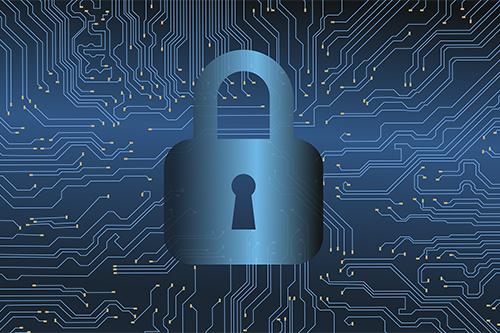Access Control Market: Safeguarding the Future
Exploring Access Control Market Segmentation, Key Players, Market Size, Network Access Control (NAC), Industrial Access Control, Video Surveillance, and Fire Alarm Systems
In a world where security is paramount, the Access Control Market has emerged as a cornerstone for safeguarding physical and digital spaces. This article delves into the intricacies of the Access Control Market, addressing its segmentation, key players, market size, Network Access Control (NAC), industrial access control, video surveillance, and the ever-evolving fire alarm systems.
Understanding Access Control: A Paradigm of Safety
 |
| Access Control Market Trends |
Access control refers to the mechanisms that regulate who or what can view or use resources in a computing environment or a physical space. It is a concept that finds applications in various domains, ranging from information technology to physical security.
The Essence of Market Segmentation
Market segmentation is vital for understanding the diversity within the Access Control Market. It can be categorized into:
1. Physical Access Control
Biometric
Systems
Card-Based
Systems
Electronic
Locks
Keypads
2. Logical Access Control
Passwords
and Authentication Protocols
Role-Based
Access Control
Single
Sign-On (SSO)
Key Players Paving the Way

Access Control Market Size
In
the realm of access control, several prominent players make significant
contributions to its growth. These companies include:
1. Honeywell
A
multinational conglomerate known for its innovative security solutions.
2. ASSA ABLOY
Renowned
for its high-quality door opening solutions and access control systems.
3. Johnson Controls
A
leader in integrated building management and security solutions.
4. Bosch Security Systems
Offering
a wide range of security and safety solutions.
5. Siemens Building Technologies
Providing
comprehensive, intelligent solutions for the protection of people and
facilities.
Sizing Up the Market
The Access Control Market has witnessed steady growth in recent years, primarily due to the increasing focus on security. It is estimated to be worth billions of dollars and continues to expand.
Network Access Control (NAC): A Closer Look
Network Access Control (NAC) is a subfield within access control that focuses on securing endpoints connected to a corporate network. NAC solutions prevent unauthorized access, enforce security policies, and provide visibility into the network.
Industrial Access Control: Bridging the Gap
Industrial access control is of paramount importance in the manufacturing and industrial sectors. It ensures that only authorized personnel gain access to critical areas within factories, ensuring safety and productivity.
Video Surveillance: Eyes Everywhere
Video surveillance is an integral component of access control, providing visual verification and recording. It has evolved significantly with the integration of artificial intelligence, enhancing the capability to detect security threats.
Fire Alarm Systems: The Guardian of Life
Fire
alarm systems are crucial in ensuring the safety of buildings and their
occupants. They provide early detection of fires and alert systems that can
save lives and property.
Conclusion
In
an era where security is a top priority, the Access Control Market continues to
be an evolving and expanding domain. From safeguarding physical spaces to
securing digital networks, access control plays a pivotal role in maintaining
safety and privacy. The market's segmentation, key players, size, NAC,
industrial access control, video surveillance, and fire alarm systems all
contribute to creating a safer and more secure world.
FAQs
1. What
is the primary purpose of access control systems?
Ans. Access
control systems are primarily designed to regulate and manage who can access
specific resources, both in digital environments and physical spaces.
Ans. Biometric
access control systems use unique physical characteristics, such as
fingerprints or retina scans, to verify a person's identity and grant or deny
access.
Ans. NAC
plays a crucial role in ensuring that only authorized and secure devices can
connect to a network, making it a vital component of cybersecurity.
Ans. Video
surveillance provides real-time visual verification and records events,
enhancing security and offering evidence in case of security breaches.
Ans. Fire
alarm systems detect smoke, heat, or flames and activate alarms and sprinkler
systems to mitigate fire-related risks and save lives.

Comments
Post a Comment